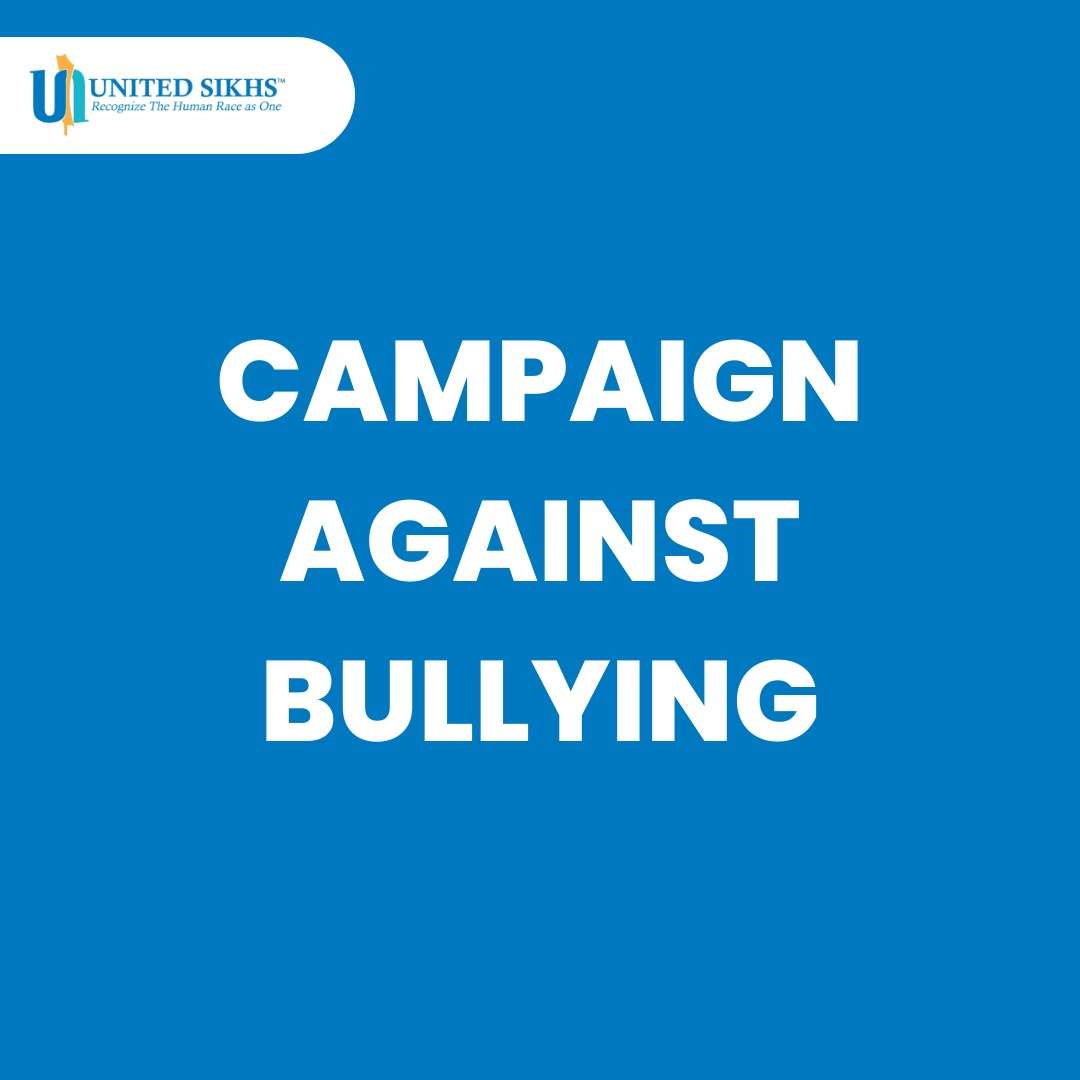
Dated March 15, 2022
New York, NY
Recently, we wrote to a California School seeking to expunge a child’s disciplinary record and we succeeded! We did so because we, with everyday deeds, and the help of our volunteers, donors and supporters, are in the business of serving humanity.
We work diligently around the world to fulfill our calling and mission and through our faith and service provide hope. “We are the oldest and largest Sikh organization in the United States, states Gurpreet Singh, UNITED SIKHS’ CEO. “Our messages of hope are clearly in our massive COVID campaign that built a Center in India, on the streets of New York where our volunteers educate and protect everyone against COVID, in the advocacy that led to agreements with Mexico to bring hundreds of Afghan refugees to safety.”
Today, our volunteers are on the border of Medyka, Poland and in Ukraine. Our UNITED SIKHS founding member, Hardayal Singh, and volunteers from around the world built a base camp to provide comfort and support to hundreds of Ukraine refugees escaping war, especially children.
“While our brothers and sisters are serving humanity in countries around the world, our chapters in the USA and Canada are working diligently to ensure that our children grow up free from barriers,” states Manvinder Singh, UNITED SIKHS Director. In California. “Our service includes advocating on issues like bullying to safeguard our children here at home.”
Some of the most significant injustices that hit closest for the Sikh and other minority communities are hate crimes and bullying in our schools. “We are grateful to our partners who have taken on hate crimes with us. We see that the results of our collective efforts are creating awareness and the need for emergency policies that promote action to abate these crimes. We recently provided public comments following a U.S. Senate Judiciary Committee hearing on hate crimes this month where we emphasized the need to involve the community in efforts to abate hate crime. We spoke up about the need for standardized law enforcement methods that will ensure hate crimes are adequately investigated,” states Wanda Sanchez Day, UNITED SIKHS National Legal Director.
However, for some time now bullying in schools has been only a topic of scholarly discussions. It is a topic Sikh families and other minorities could not speak up about for fear there would be retaliation against their children. Lack of action to address bullying creates devastating and lasting effects on families of color. This includes the denial of equal treatment in education.
For example, UNITED SIKHS often receives complaints that a child has been disciplined by a school’s administration. Often the discipline results from bullying that has gone unaddressed. Sometimes bullying has been occurring for months and even years.
Often, complaints of bullying are uncovered when children are forced to defend themselves despite great odds. However, the bullying issues take second-seat when the child resorts to self-defense because of the conditions that have been overlooked by the school. This is because schools often have policies of zero tolerance for aggressive behavior without the resources to fully investigate or address the causes. Zero- tolerance policies mainly aim to discipline behavior in order to address aggression not bullying. The result is that children of color are likely to become doubly the victims of the system and it is failing them.
Bullying takes its most devious form when victims are disciplined because it spreads fear of retaliation and encourages silence. We are well aware that a system of rules that trains to respond to hostility with zero -tolerance and discipline will impose harsh and undue discipline, mostly on communities on the margins who do not have the means or resources to defend themselves.
“Most teachers do not understand why a Sikh child must wear a Patka. Many are unaware that they have a legal and moral responsibility to protect their religious right to do so. They also do not have the mandate to investigate and or report racial or ethnic hate but should,” states Manvinder Singh.
We see the lifelong impact of this systemic problem on children of color when the child’s record is marked by allegations of aggressive behavior that has not been thoroughly investigated. Such disciplinary records are likely viewed negatively by schools the student must compete to get into in the future. To add further injury, the education codes of states like California appear to allow schools access to these disciplinary records through common portals. These sections of the portal may not be available to parents. Due process is often nonexistent, parents do not know these records exist or how to seek to expunge them.
We at UNITED SIKHS are bringing these and other issues affecting the Sikh and other communities of color to the attention of local, state and federal level leadership. By doing so, we hope to foster law reforms that will ensure that all our children are free to learn harnessed only by their own intellectual potential and not by fear, threat, harassment or unequal treatment.
Through our daily efforts to serve humanity, we recognize that we could not do any of this work without our volunteers and you, our donors and supporters. You empower us with your generous donations.
Thank you.
UNITED SIKHS
INTERNATIONAL CIVIL & HUMAN RIGHTS ADVOCACY
Contact@unitedcsikhs.org









There are no reviews yet.